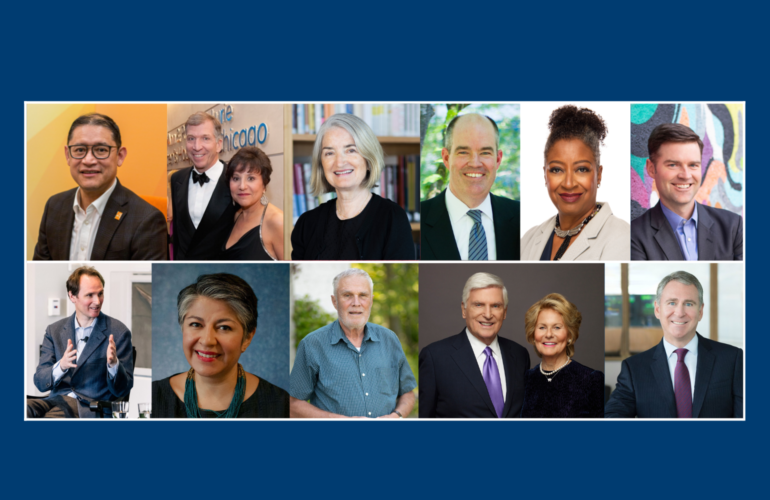According to the Giving US annual report on philanthropy, published by the Lilly Family School of Philanthropy at Indiana University–Purdue University Indianapolis, charitable giving in the United States increased by 4 percent last year. An Indiana University Lilly Family School of Philanthropy study commissioned by the Chicago Community Trust demonstrated that Chicago is an astonishing 50 percent more philanthropic than any other U.S. city. Our 2022 list of Chicago’s top changemakers, both philanthropists and nonprofit leaders, includes individuals who are making an impact by supporting initiatives that address some of the most significant issues we are facing right now. Meet these local superstars who are driving positive change in Chicago and beyond.
Ric Estrada, President & CEO
Metropolitan Family Services
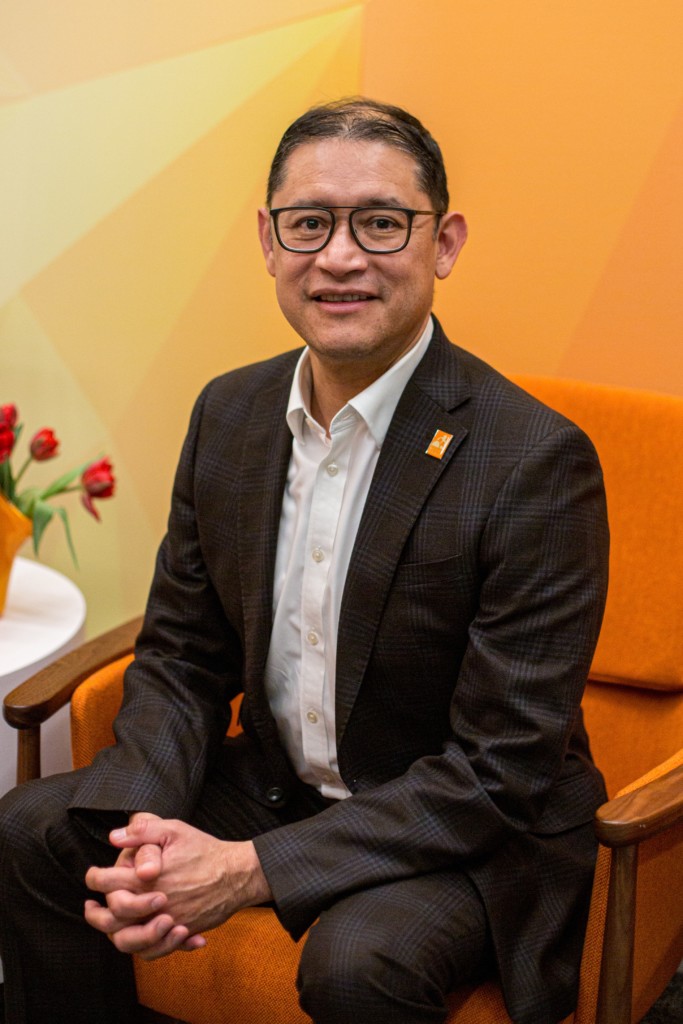
At one time, Ric Estrada, president and CEO of Metropolitan Family Services, considered becoming a priest. But when that didn’t work out, he looked for other ways to serve the community; “My life has always been characterized by service.”
Estrada oversees one of the largest nonprofit organizations in the region with a staff of over 1,200 employees and an annual operating budget of $110 million. MFS serves more than 95,917 families and individuals at seven community centers throughout Chicagoland. “It’s a big organization, but not so big that we don’t know each other,” he says.
“My colleagues are inspirational people. They’re doing the hard work on the front lines supporting our clients. I come to work to make sure we can provide them with the tools and resources they need. That’s what gets me up every day and gets me running to work.”
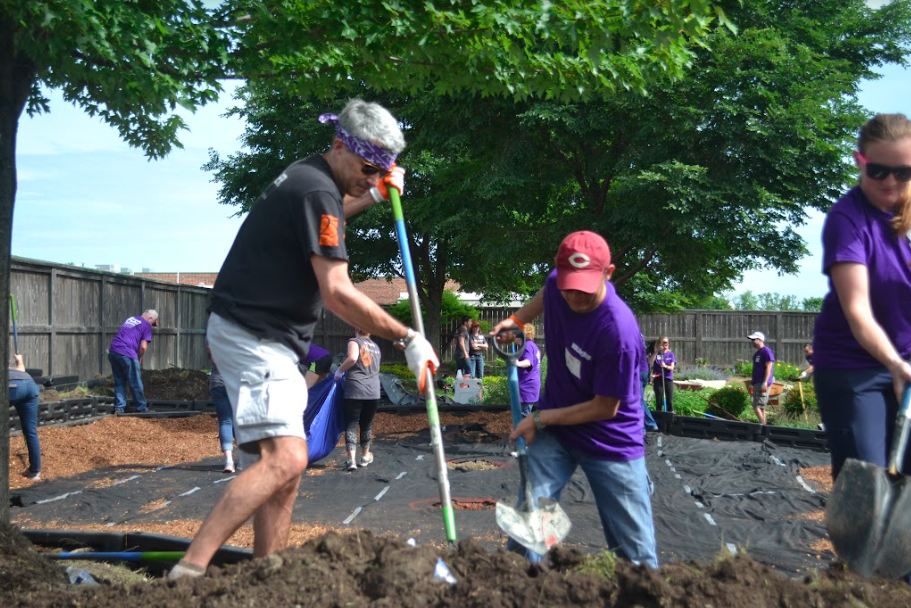
He credits his family and his church for motivating his career choice as Estrada explains, “My family was the beneficiary of many of the types of services MFS now provides and the recipients of the generosity of our church. Maybe it was a combination of my upbringing, receiving services and the influence of our congregation when I was young that molded my interest in serving the community.”
In the eleven and a half years he’s been at the helm of MFS, Estrada has helped the agency more than double its revenue and the number of families served. “I know that we’re making a difference every single day. We’re helping improve the economic, social and psychological conditions of our families. That makes mine a rewarding life and a rewarding career.”
Shelley A. Davis, President & CEO
The Coleman Foundation
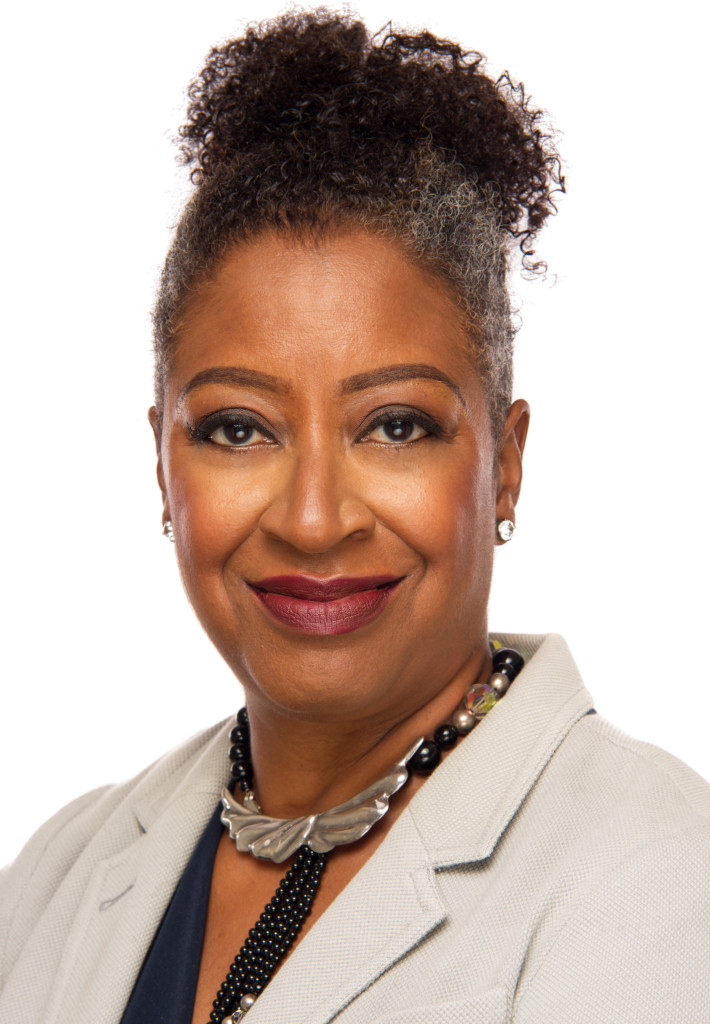
Shelley A. Davis began her tenure as president and CEO of The Coleman Foundation at the height of the pandemic. For six months her only interactions with team members and the foundation’s grantees were through Zoom meetings. “It was difficult to start building productive relationships with my staff and the Board,” she recalls. “And I wanted to meet with every single grantee which meant I held some meetings with over 200 people by Zoom.”
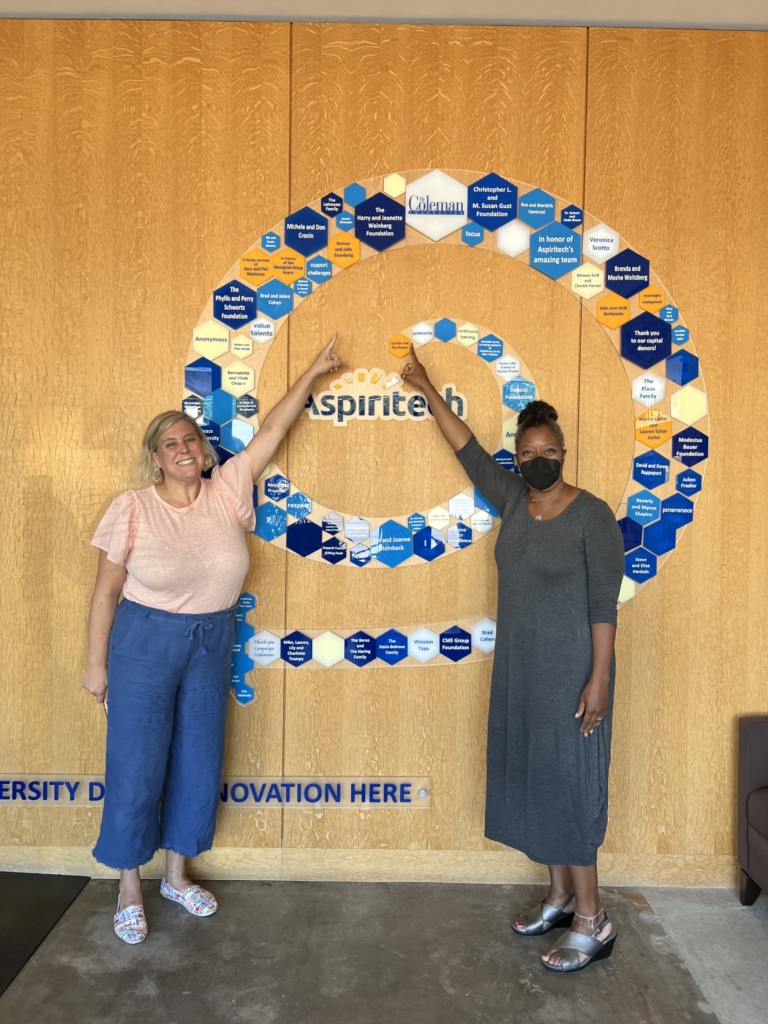
Davis, who was a Coleman Foundation grantee in 2011 for work she was doing to promote micro-entrepreneurship for women, previously served as President at Forest Preserve Foundation where she worked to increase access to jobs in communities of need. At The Coleman Foundation she is implementing a two-year strategic plan with a learning agenda to determine the best opportunities for distribution of Coleman resources. “Everything I’ve done in my career has been about getting economic resources and economic opportunity to the communities that need it — low-income communities, communities of high need, and communities of color,” Davis explains.
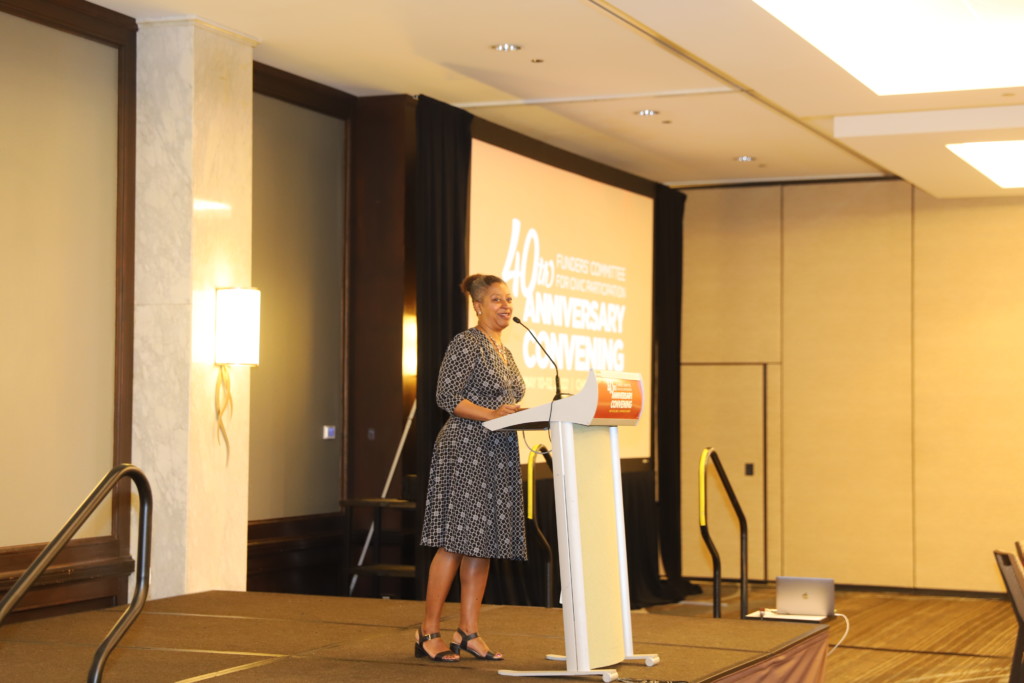
She says her father, a civic leader and the founder of a community development bank, inspired her toward a career in the nonprofit sector. “I grew up watching my father and his partners support the community. It taught me the responsibility of living in community, being responsive, and leveraging whatever resources we have to give back.
“The Coleman Foundation mission of focusing on entrepreneurship, health and rehab, and addressing health inequities all ring true to my personal story,” Davis says. “I feel called to this work.”
Kenneth C. Griffin, Founder & CEO
Citadel
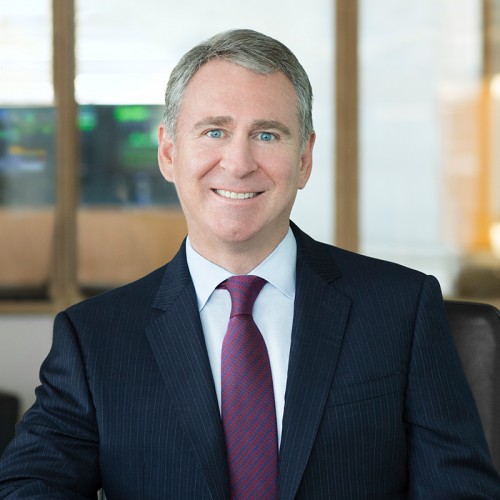
Kenneth C. Griffin, founder and CEO of the hedge fund Citadel, was considered the wealthiest man in Chicago until his recent move to Miami, Florida. His farewell gift to the city was $130 million in donations to 40 local organizations including the University of Chicago, the Field Museum, the Chicago Public Education Fund and Project H.O.O.D.
Griffin gave $5 million to Project H.O.O.D., the largest single donation the organization has received. It will be used to build a state-of-the-art Leadership and Economic Opportunity Center in the Woodlawn neighborhood. The total cost of the project is estimated to be $35 million.
Griffin is a prolific philanthropist, primarily supporting educational and cultural causes. Over the years he has given away more than $1.3 billion. To determine where to allocate his most recent gifts, Griffin and his team approached Chicago organizations and asked about their most pressing needs.
In 2021, ARTnews named Griffin one of the top 200 collectors. His art collection includes works by Jackson Pollock, Paul Cezanne, Jasper Johns and Willem de Kooning. He was quoted as saying, “The arts are the soul of our city. I believe that each of us in experiencing the arts has an opportunity for personal growth.”
Griffin also owns a rare copy of the U.S. Constitution which he purchased for $43.2 million. He has been honored for his altruism with the naming of several buildings, wings and exhibitions in Chicago, New York and Palm Beach. The Museum of Science and Industry is soon to be renamed the Kenneth C. Griffin Museum of Science & Industry in recognition of his 2019 gift of $125 million, the largest single gift in the museum’s history.
Andrea Saenz, President & CEO
Chicago Community Trust
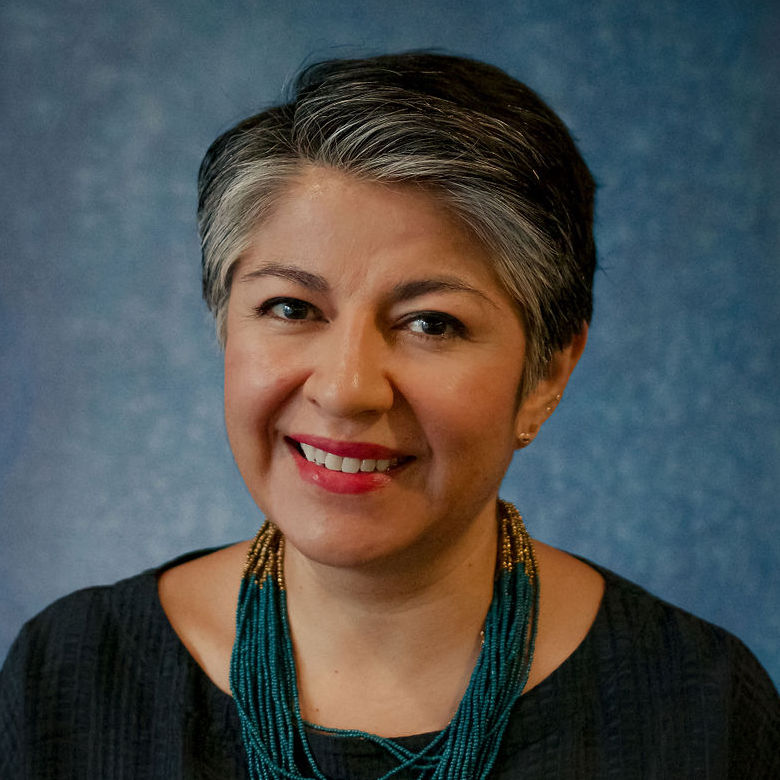
As President and CEO of the Chicago Community Trust, Andrea Saenz is recalculating the equation of philanthropy plus impact. “We’re just at the beginning of figuring out how two plus two can equal more than four,” she says.
The Chicago Community Trust is a 107-year-old organization that has played a vital role in Chicago’s history. Stepping in as Chief Operating Officer four years ago, Saenz saw an opportunity to, as she says, “build on the Trust’s long legacy of philanthropic giving, civic engagement, and civic leadership that feels very compelling today.”
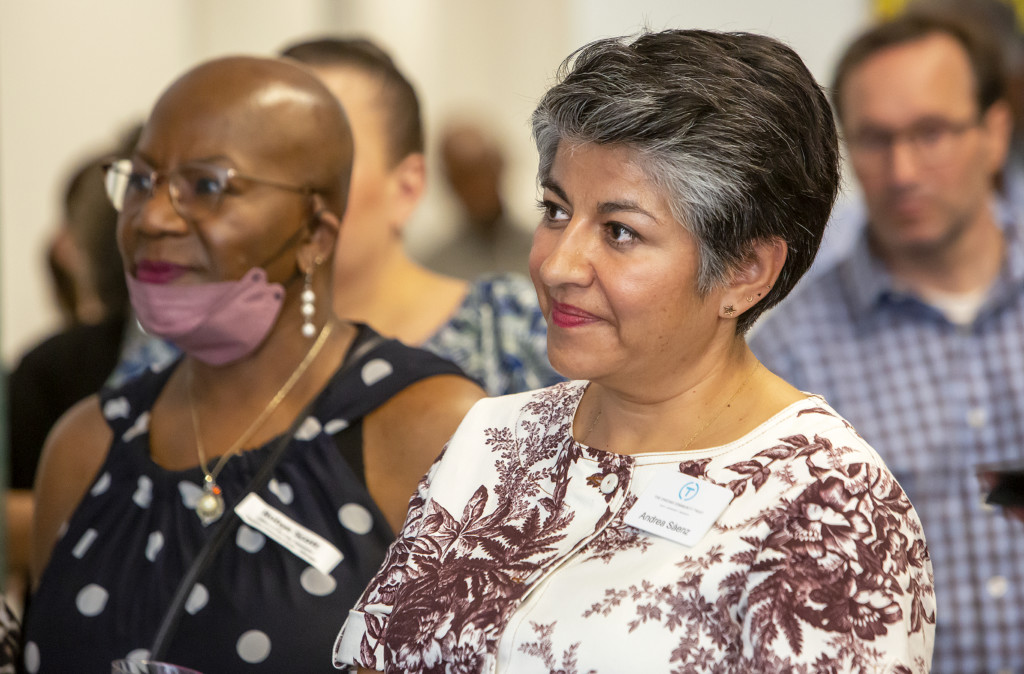
An immigrant from Ecuador, Saenz entered the world of philanthropy through her husband, John Bracken’s work with large foundations, “I was sort of a ride-along until this CEO role at the Trust,” she says.
In 2019, the year Saenz joined, the Chicago Community Trust launched a 10-year strategic plan intended to determine how a philanthropic organization can partner with the broader community for maximum impact in neighborhoods. “We’re asking the question: How can the Chicago Community Trust address the region’s most critical needs?” Saenz explains. “There’s a long and extensive list — from health inequities to education to more funding for the arts, neighborhoods in disarray, economic development, all kinds of things.
“When I go out to a community and I see buildings being built, young people engaging in jobs that are leading to careers, families feeling like there’s something really positive happening in their neighborhood — all these different pieces coming together, that’s rewarding to me; but it feels like we’re just getting started. We’re on a promising path. There is so much ahead of us that will teach us what the ingredients of transformational community development are.”
Sean Garrett, President & CEO
United Way of Metro Chicago
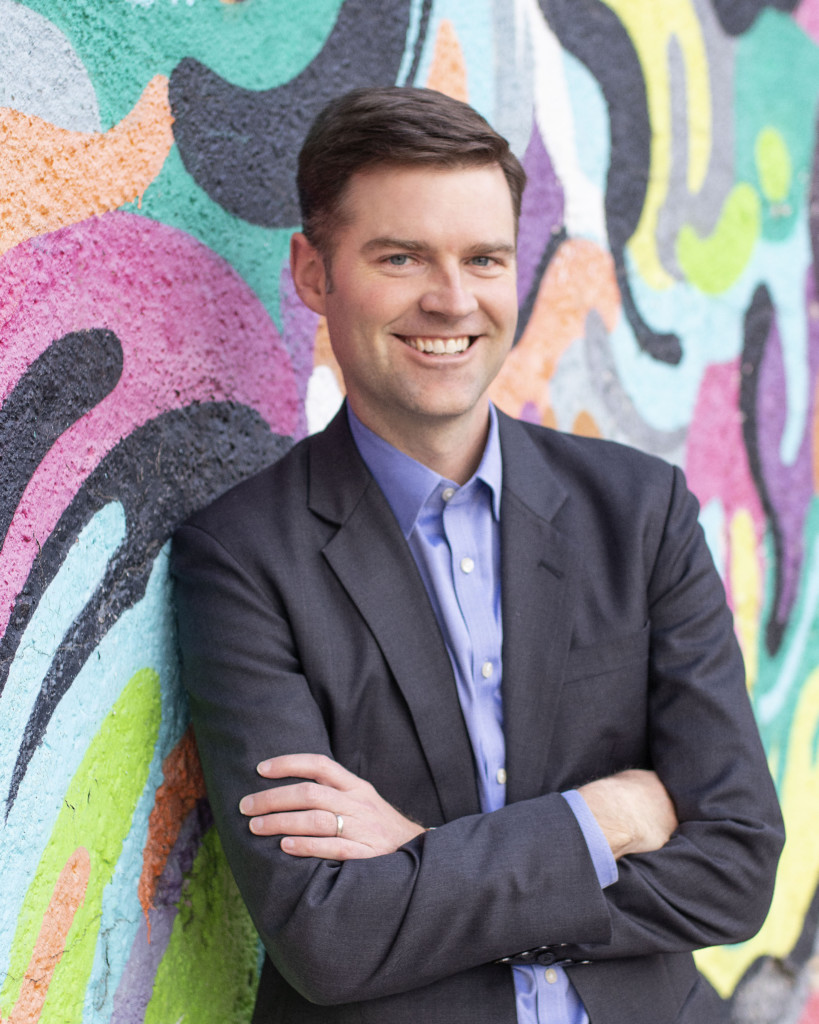
Sean Garrett’s decades-long relationship with the United Way began in 2004 when he participated in the United Way Fellowship program, an intensive year-long development experience that helps identify, engage, and develop a diverse group of individuals for leadership within the organization. He was named president and CEO of United Way of Metro Chicago in 2018. “Through the United Way we have the opportunity to address big issues by working together with community-based organizations, the nonprofit community, the public sector, and the private sector,” says Garrett. “I firmly believe the only chance we have to make real change is when we bring these groups together.”
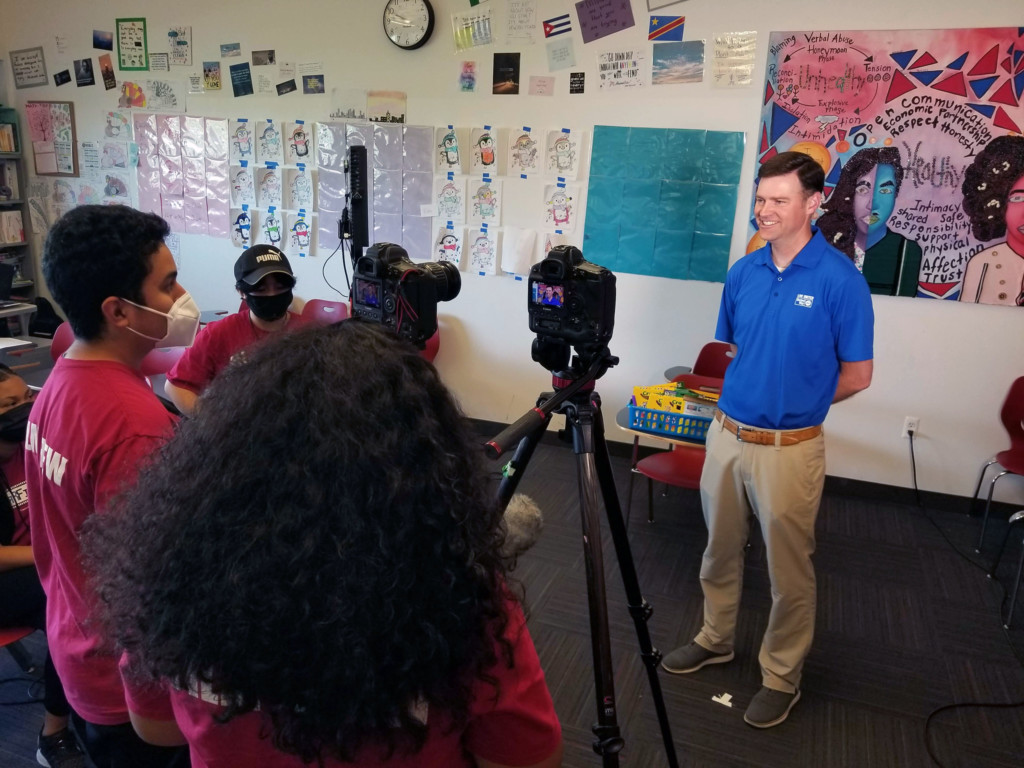
Garrett is motivated by the impact the United Way has on Chicago’s neighborhoods; “We see some of the very real challenges people face, but we’re lucky to also see the best in folks. I’m very grateful for the opportunity to be around really smart people. It’s cool to see folks who are connected and work hard for their community.”
Like all its initiatives, the United Way’s pandemic response was community-driven. They raised $35 million for the Chicago COVID-19 Fund, one of the largest in the country, and also helped launch Chicago Connected, an initiative to provide free high-speed internet for families in need. “We’re really proud to be part of helping to bring that to fruition and to continue to help execute it,” Garrett comments. “I’m very lucky to have a great team here at United Way. We have a strong Board that cares and amazing partners in the community who are doing incredible work.”
Penny Pritzker, Co-founder & Director & Bryan Traubert, Co-founder & Chairman
Pritzker Traubert Foundation
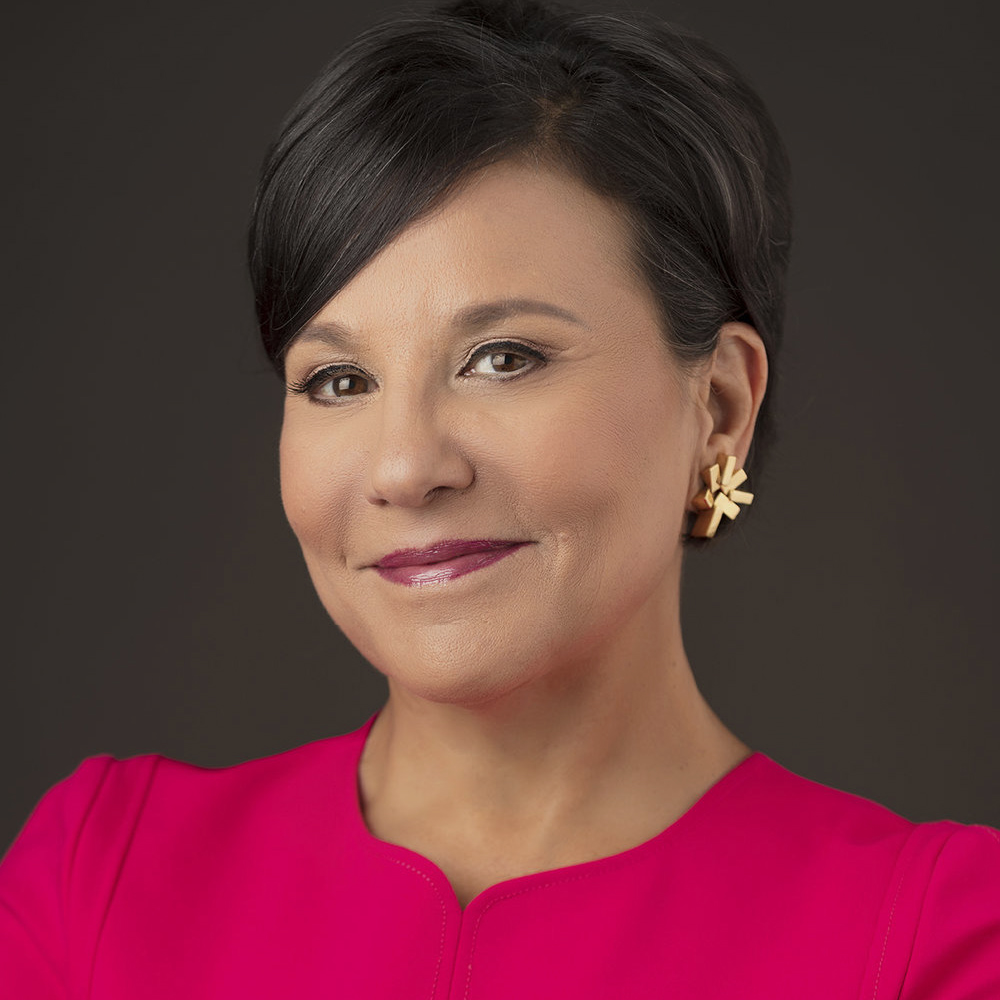
When Penny Pritzker and Bryan Traubert returned to Chicago in 2016, they decided to reassess the impact of the Pritzker Traubert Foundation they founded in 2008. Pritzker had just completed her tenure as the 38th United States Secretary of Commerce in the Obama Administration and Bryan had spent a year as a Fellow at the Distinguished Careers Institute at Stanford University.
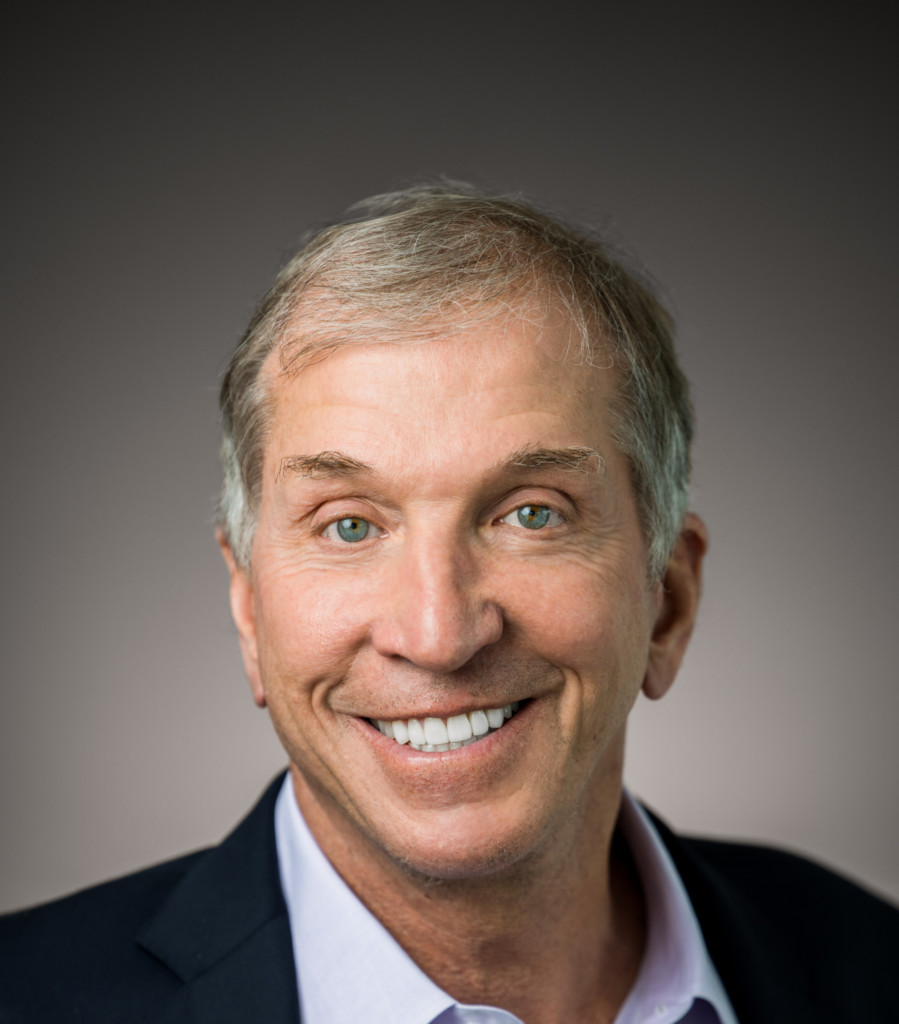
The Foundation now focuses on job creation and the development of new enterprises. In 2019 they introduced the Chicago Prize as a $10 million capital investment in Black and Brown communities on the South and West Sides of the city. Always Growing Auburn Gresham received the first prize in 2020. This year’s winner will be announced in the winter.
Pritzker has more than 30 years of experience in a variety of industries. She is Chairman of PSP Partners, a private investment firm she founded in 2011. She serves on several boards including Microsoft and Icertis as well as the boards of a number of philanthropic organizations such as the Carnegie Endowment for International Peace where she is Chairman.
Traubert, a board-certified ophthalmologist, is a life-long Chicagoan. He launched Chicago Run in 2007 as a fitness program for Chicago Public School students. As well as Take the Field, a public-private partnership that has built 13 state-of-the-art artificial turf fields in underserved communities in Chicago. Traubert also founded and serves as a Board member of the Chicago Parks Foundation.
“We’re proud to be able to support the community we live in by trying to create jobs and trying to do good things civically and philanthropically,” Pritzker says.
Jack Schuler, Co-Founder & Chairman
Schuler Scholar Program
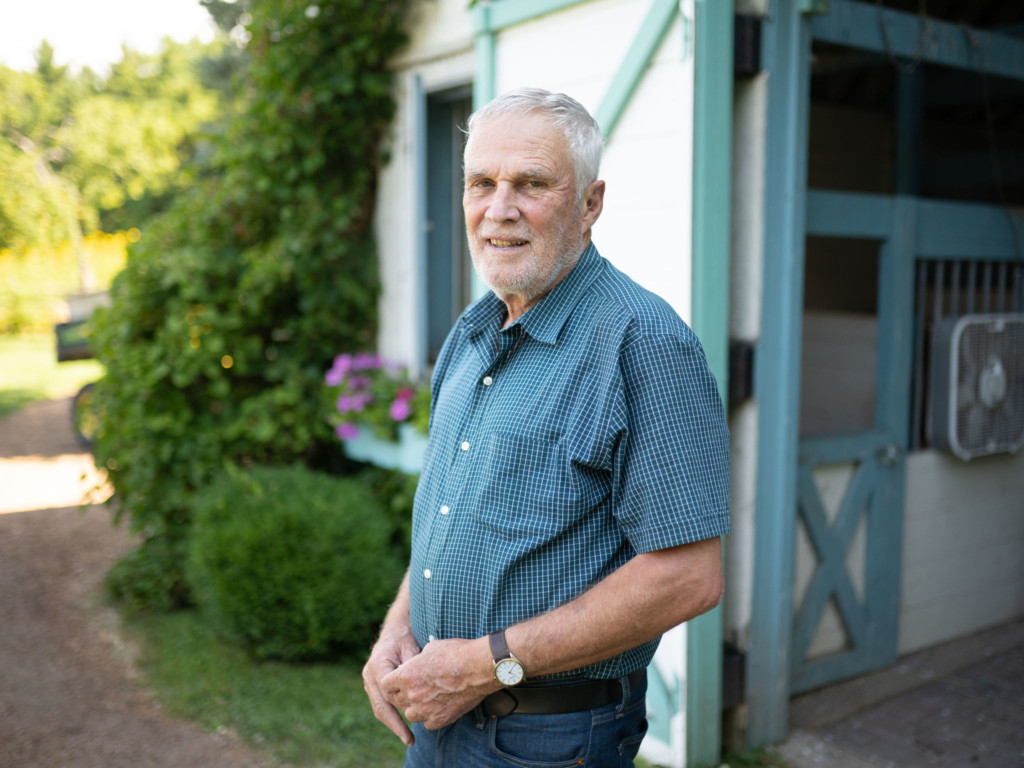
When Jack Schuler, co-founder and chairman of the Schuler Scholar Program, was a middle school student in Whitefish Bay, Wisconsin, his report cards were less than stellar. In fact, there was doubt about whether he was ready to attend high school after 8th grade. With some intervention from his mother who asked the high school principal to give her son a chance, Schuler was promoted and despite abysmal grades in his first semester as a freshman achieved a perfect score on a state-administered math test. His math teacher delivered this news in the family living room. As Schuler recalls, “He said, ‘Jack doesn’t do his homework. He talks in class, and he’s not prepared, but if he makes up his mind to it, Jack can go to any college in the country.’
“The idea of going to one of these marvelous top colleges sounded glorious to me, so I made a commitment to myself, and the rest is history.”
Schuler received a B.S. in Mechanical Engineering from Tufts University and an MBA from Stanford University Graduate School of Business Administration. He went on to become president and COO of Abbott Laboratories and then a major investor in healthcare companies. In 2001, Schuler and his eldest daughter Tanya founded the Schuler Scholar Program to help immigrant, low-income, and students of color succeed in high school and apply to college. Since its founding Schuler has spent over $100 million on the program which has enrolled more than 1,400 students in the Chicago area. “I’ve had some miraculous rides in my life,” he says. “This one is going to have the most impact and the one I’ll get the most pleasure out of.”
Ellen Alberding, President & CEO and Board Member
The Joyce Foundation
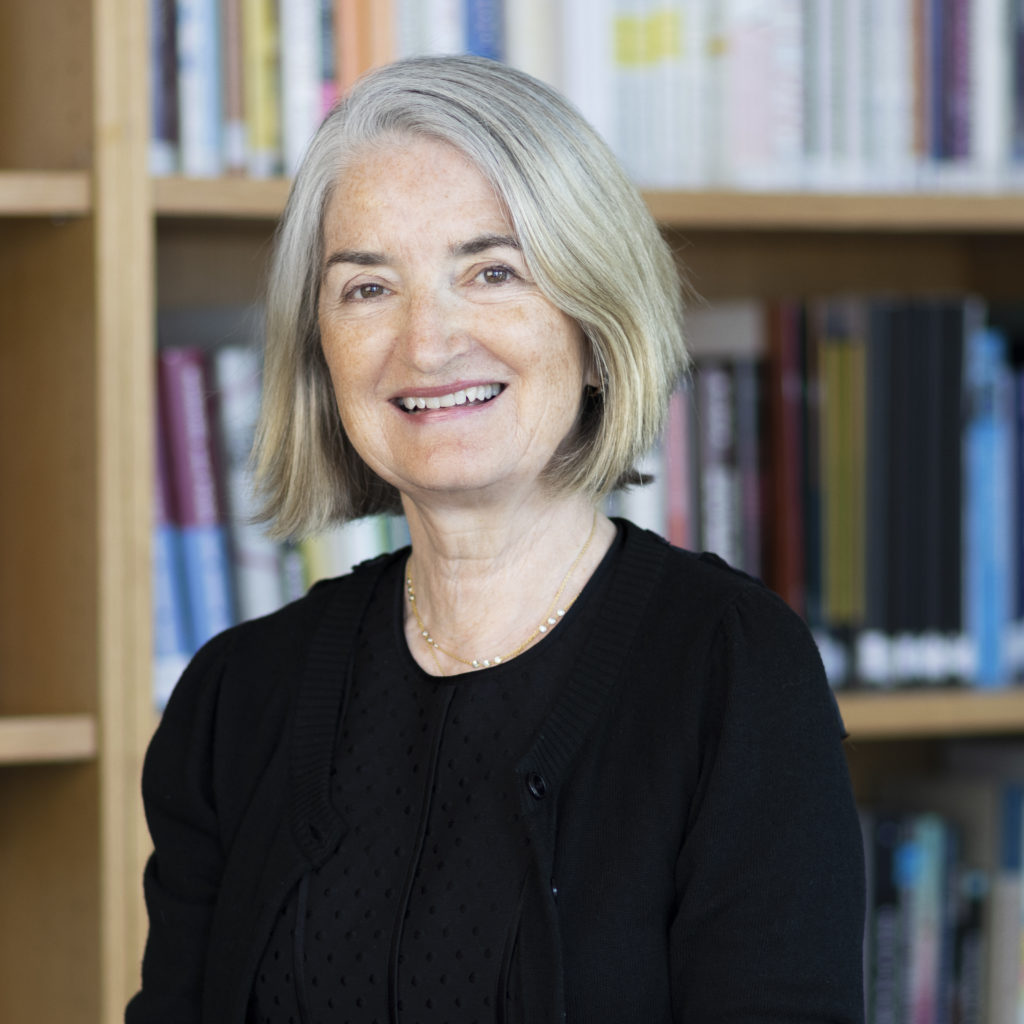
“Life is kind of a random walk,” says Ellen Alberding, president, CEO and board member at The Joyce Foundation when she describes how she landed at the Foundation more than thirty years ago. “Things happen that you can’t really anticipate or plan for.”
For Alberding, things happened at a White Sox game she was watching with her husband and Craig Kennedy, the then president of the Joyce Foundation. As the men watched every pitch, Alberding recalls complaining about the job she had at the time. “Craig said, ‘Call me next week.’ I did and that’s how I got here. We White Sox fans have to stick together.”
Alberding has filled several roles at the Foundation. She became president and CEO in 2002.
The Joyce Foundation is a private, nonpartisan philanthropy that invests in public policies and strategies to advance racial equity and economic mobility for the next generation in the Great Lakes region. Alberding explains, “We don’t fund direct service. We identify areas where we think there’s an opportunity for policy to make a difference for the people living in our region.”
Gun violence and protecting the Great Lakes are two areas of focus. “These are things that we are well positioned to work on,” says Alberding. “I’m proud of the quality of the research that we have supported, and I’m also proud that the Board and the staff have stuck with these tough issues when it hasn’t been clear where or when the payoff is going to happen.”
After almost thirty years of working to protect the Great Lakes, a bipartisan infrastructure law to clean up toxic pollution recently passed. “This has been a very long game, but it has tremendous potential benefits for everybody in our region,” Alberding said.
Timothy Knight, President & CEO
McCormick Foundation
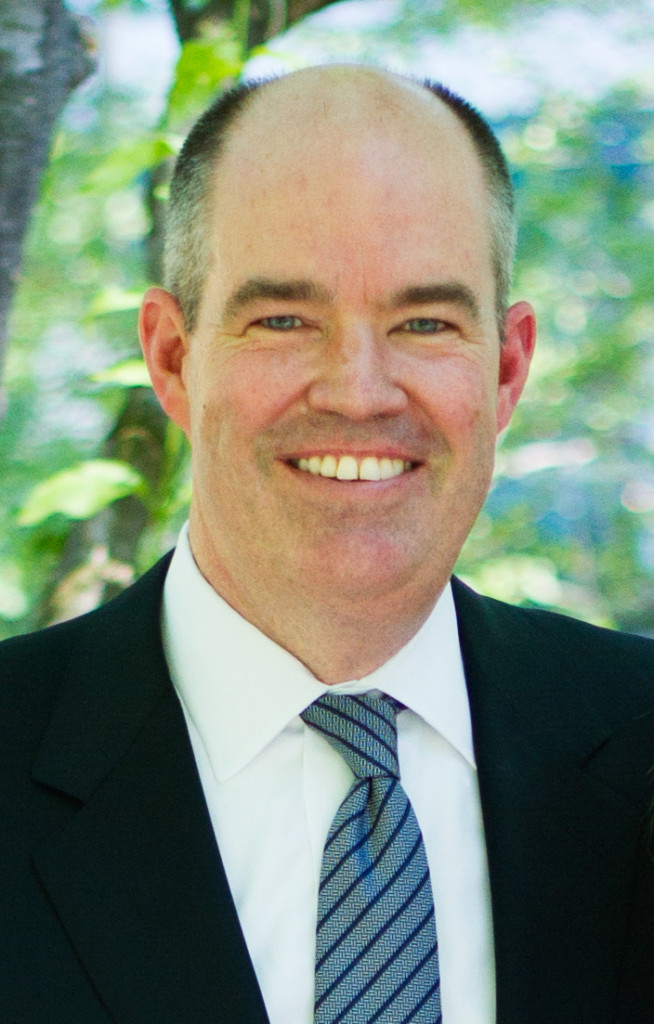
“If I had followed my initial inclination, I would be a tax lawyer in Flint, Michigan right now,” says Timothy Knight, president and CEO of the Robert R. McCormick Foundation.
Instead, Knight pursued a career in law, media, and entrepreneurship before accepting the role as leader at the McCormick Foundation in 2020. “Growing up in Flint, I had a great, classic, midwestern smallish town childhood,” Knight recalls. “I went to a Catholic high school in downtown Flint, a very economically challenged area. That was my first exposure to not only the diversity the city had to offer, but to a lot of the challenges to the city where I was growing up, that I didn’t get to see. I didn’t realize it then, but it gave me a really good idea of the issues that we face in Chicago — especially on the South and West Side.”
The McCormick Foundation —which was established by Colonel Robert R. McCormick, longtime editor and publisher of the Chicago Tribune in 1955 as a charitable trust — is committed to fostering communities of educated, informed, engaged citizens. With assets of more than $1.5 billion, the Foundation partners and invests in organizations and leaders who have the knowledge, skill, and capacity to bring about significant change in their communities. “Making a real impact in people’s lives is our goal,” Knight explains. “We’re not only supporting nonprofit organizations, but we’re investing and partnering with them, helping them expand and maximize their reach and efficiency.”
Since 2017 the Foundation has granted more than $200 million to non-profits across the state. “We get to spend our days partnering with community leaders and residents, non-profit organizations, government bodies, educational institutions, and many others to help tackle issues that stand in the way of everyone being able to live their best life. I don’t think there’s any greater privilege,” says Knight.
John Palfrey, President
MacArthur Foundation
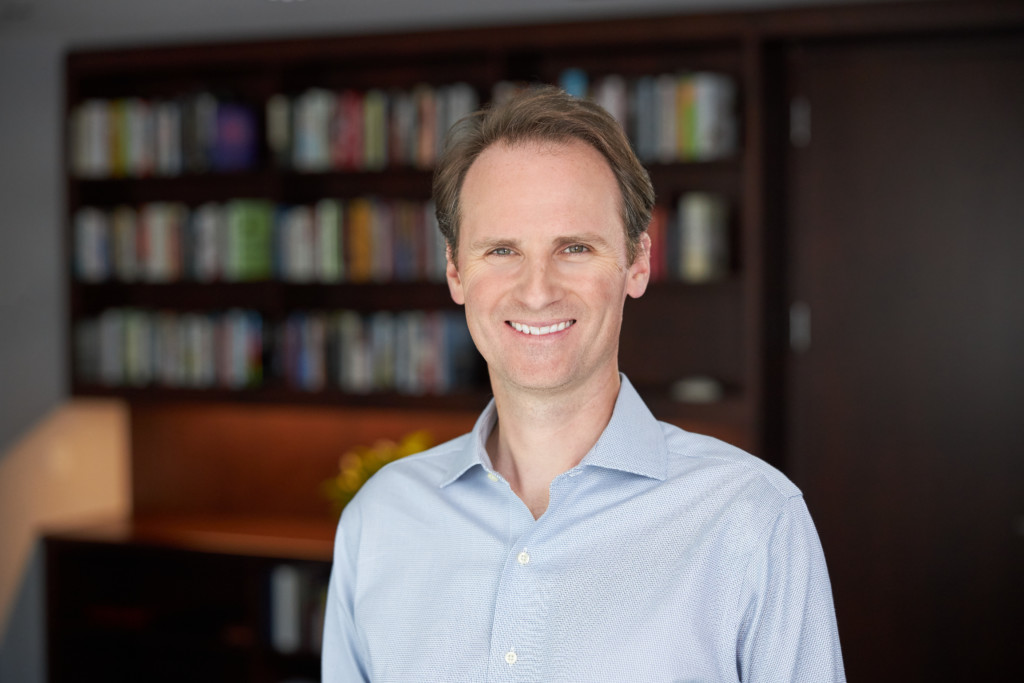
“Public service runs in my family,” says John Palfrey, who has served as president of the John D. and Catherine T. MacArthur Foundation since 2019. “It’s core to why I’m so excited I get to do what I do.”
Palfrey’s parents are both pediatricians who have spent their careers focused on social justice in the context of medicine and health. His two siblings are executive directors of nonprofits. “Sitting at the dining room table, we’d always talk about issues that were in our orbit and the kinds of things we could do to make the world a better place,” Palfrey continues.
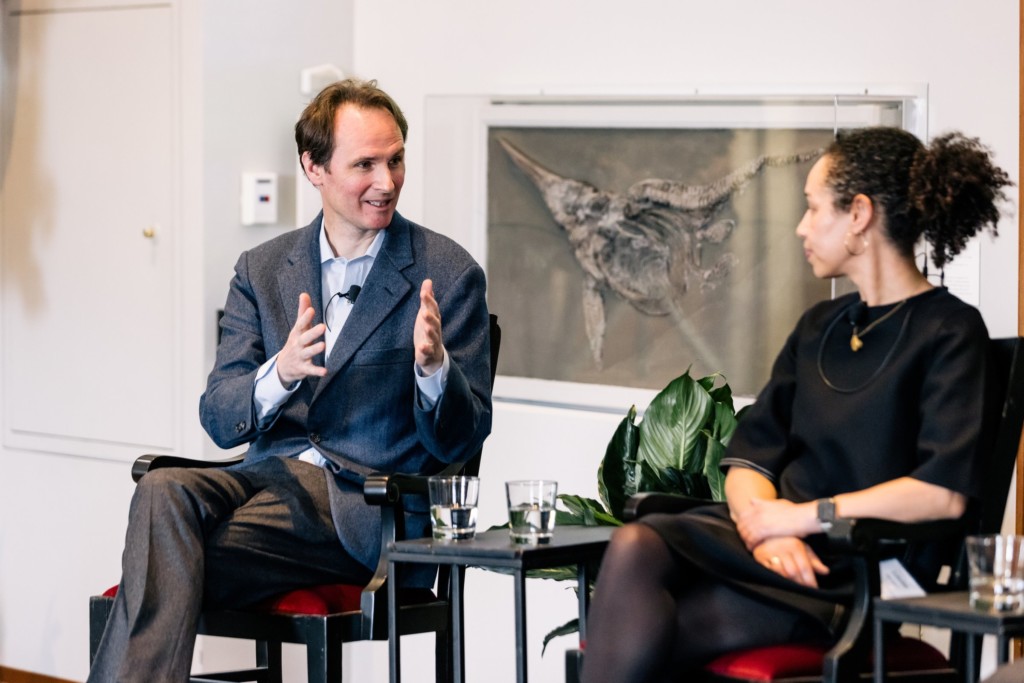
The roots of the Palfrey family commitment to public service run deep. He is the great-great grandson of Theodore Roosevelt, the 26th president of the United States, and a descendant of a congressman who was an abolitionist in Massachusetts. “I feel fortunate to have these examples,” he comments.
The MacArthur Foundation is one of the largest philanthropic organizations in the country with assets of approximately $7 billion dollars and a staff of 200 working at offices in Chicago, India, and Nigeria. “We are a foundation that can do lots of things on a global scale, but we’re also very much grounded in our hometown of Chicago,” Palfrey explains. “Our mission is to focus on making the world a more just and verdant and peaceful place. At the moment we’re deeply committed to a reimagining and a reconstruction of our society with a future imagined by those who have not had much power historically including people who lead organizations that serve communities that have been underrepresented. I can’t imagine anything better than waking up everyday to pursue that.”
Patrick and Shirley Ryan
Patrick G. and Shirley W. Ryan Family Foundation
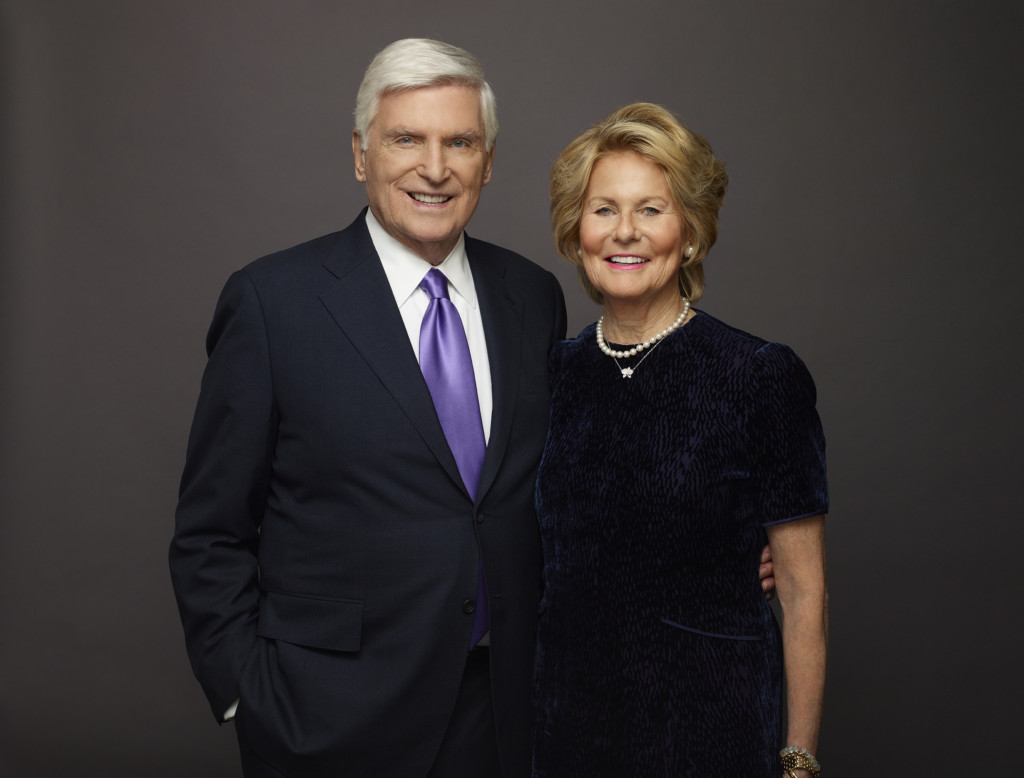
Patrick and Shirley Ryan, both graduates of Northwestern University, are the University’s biggest donors having given more than $700 million. Last year their gift of $480 million dollars was the largest single gift in the institution’s history and the capstone of the seven-year long We Will fundraising campaign. Northwestern raised $6.1 billion from 174,380 donors to support the Northwestern Will strategic plan.
The Ryans first met on the Northwestern campus as undergrads. Seven years later they reconnected and eventually married and raised three children.
Patrick has enjoyed a fulfilling and lucrative career in insurance. He founded the multinational financial services firm Aon where he served as CEO until 2008. In 2010 he founded Ryan Specialty, an international specialty insurance firm.
Shirley founded of Pathways, which merged with the Rehabilitation Institute of Chicago to become the Shirley Ryan AbilityLab. Advancing human ability, from a traumatic brain injury to battling multiple sclerosis (MS), the world-class Shirley Ryan AbilityLab continues to reimagine what it means to be a rehabilitation hospital. As the first “translational” research hospital — ranked No. 1 in adult specialty by U.S. News and World Report since 1991 — Shirley Ryan AbilityLab unites clinicians, scientists, innovators, and technologists with patients 24/7 to continuously work toward new medical approaches and scientific findings. The nonprofit rehabilitation research hospital is committed to treating all patients, regardless of financial status.
The Ryans established their family foundation in 1984 to support education, the arts, Roman Catholic churches and schools, and children and youth services. The Navy SEAL Foundation recently honored them for their philanthropy with the 2022 Navy SEAL Foundation Patriot Award. In his acceptance speech, Pat said, “Shirley and I are deeply honored to receive this award from the Navy SEAL Foundation. For years, we have proudly supported the SEALs and their families. The Navy SEALs represent the best of America — dedication, teamwork, and sacrifice. We are humbled by this recognition.”
More From Better
- Lyric Opera of Chicago Celebrates 68th Season With First-Ever Gala Held Inside the Opera House
- Give Time, Things, Support: 5 Ways To Support Those in Need in Chicago and the Suburbs As Cold Weather Approaches
- ‘Joy and Privilege of a Lifetime’: A Safe Haven Foundation President Neli Vazquez Rowland Steps Down After 28 Years
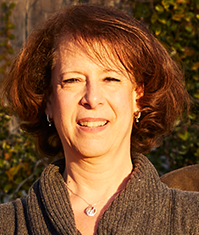
Susan Solomon Yem is an internationally published writer specializing in family, education, and women’s issues. Throughout her career she has focused on families, but her own five children are her biggest priority.
